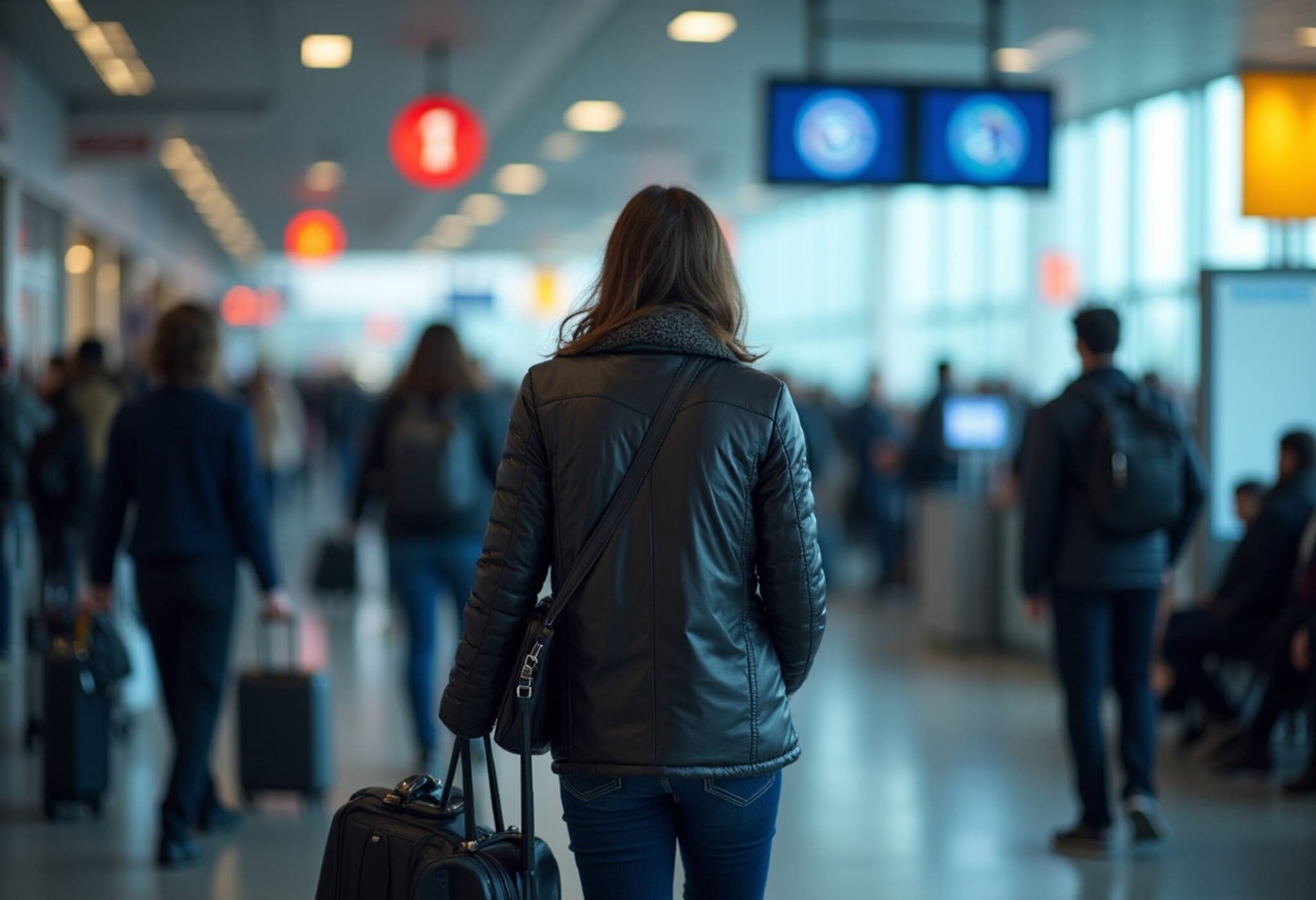Widespread Kiosk Outage Disrupts Canadian Airport Operations
On Sunday, a significant technical malfunction swept through several major Canadian airports, including Montreal, Toronto Pearson International, and Calgary, leading to extensive delays for international travelers. The glitch targeted the immigration inspection kiosks, essential automated terminals that facilitate expedited customs processing.
Passengers reported being held on airplanes for hours and experiencing long queues within crowded terminals, as airport officials struggled to manage the sudden technological breakdown. The Canada Border Services Agency (CBSA) confirmed the issue shortly after midnight, describing it as an "unforeseen technical issue" that emerged during routine maintenance procedures.
Understanding the Role of Immigration Kiosks
Immigration kiosks serve as a critical nexus in Canada’s border control infrastructure, allowing travelers to verify their identity electronically and streamline the customs process. Installed at all major airports nationwide, these kiosks significantly reduce processing times and enhance security by integrating biometric and passport data efficiently.
When kiosks are offline, border agents must revert to manual processing, considerably slowing passenger flow. Given the volume of daily international arrivals at hubs like Toronto Pearson—the busiest airport in Canada—this sudden shift exacerbated wait times and passenger frustration significantly.
Expert Insights: Navigating Risks in Digital Border Systems
From a policy and operational standpoint, this incident highlights the fragility inherent in modern border security systems that rely heavily on technology. Experts emphasize that while digitization enhances efficiency, contingency frameworks must be robust to mitigate service interruptions.
- Backup Protocols: Agencies should continually test and refine manual fallback procedures to handle kiosk failures without cascading delays.
- Cyber and Technical Resilience: Regular audits and updates to hardware and software, combined with proactive monitoring, can prevent "routine maintenance" from turning into prolonged outages.
- Passenger Communication: Transparent, timely updates can help alleviate traveler anxiety and manage expectations during disruptions.
Economic and Legal Implications
Travel delays ripple beyond immediate passenger inconvenience. Extended wait times can lead to missed connecting flights, additional airline costs, and disrupt business engagements. In the context of rising air travel post-pandemic, such hitches may undermine confidence in Canada’s international gateways.
Moreover, US and Canadian border agencies cooperate closely. Incidents like this raise questions about interoperable systems and shared cybersecurity protocols between nations to ensure seamless cross-border flow.
Looking Ahead: Building Resilience
As air travel rebounds globally, incidents like the Canadian kiosk malfunction underscore the need for border agencies to invest in resilient, adaptive infrastructure. This includes integrating artificial intelligence for predictive maintenance and enhancing human resource training for rapid crisis management.
For travelers, being aware of such operational risks encourages proactive trip planning—such as arriving earlier during peak periods and monitoring official airport communication channels for real-time updates.
Conclusion
The recent outage of immigration kiosks at Canada’s top airports offers a cautionary tale about the balance between embracing technology and maintaining operational reliability in critical public services. While no cyberattack or security breach has been reported, the incident brings to the forefront the importance of technological vigilance and the human element in border management.
Editor’s Note
This episode serves as a reminder that even routine maintenance on vital systems can unintentionally trigger widespread disruptions. For policymakers and border security officials, it is a call to harmonize innovation with resilience. We invite readers to consider:
- How can governments better safeguard border technology to minimize traveler inconvenience?
- What role should transparency and public communication play during such crises?
- How might international cooperation evolve to bolster cross-border infrastructure against similar failures?
Travelers planning international journeys should remain vigilant and allocate extra time for processing during system updates or known maintenance windows.











